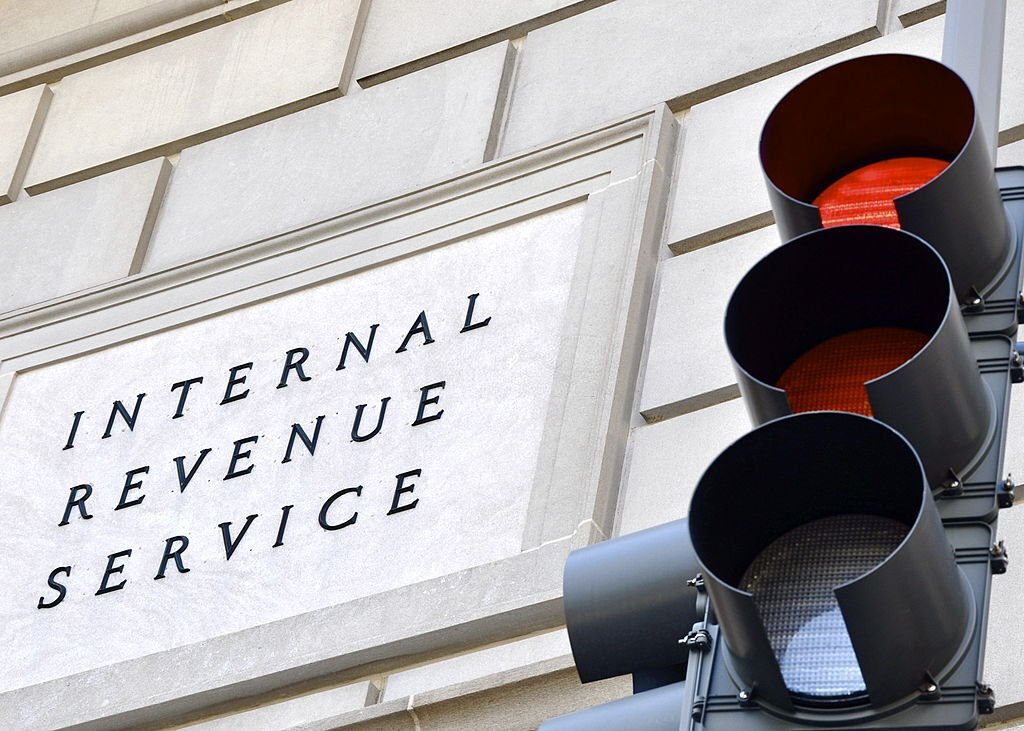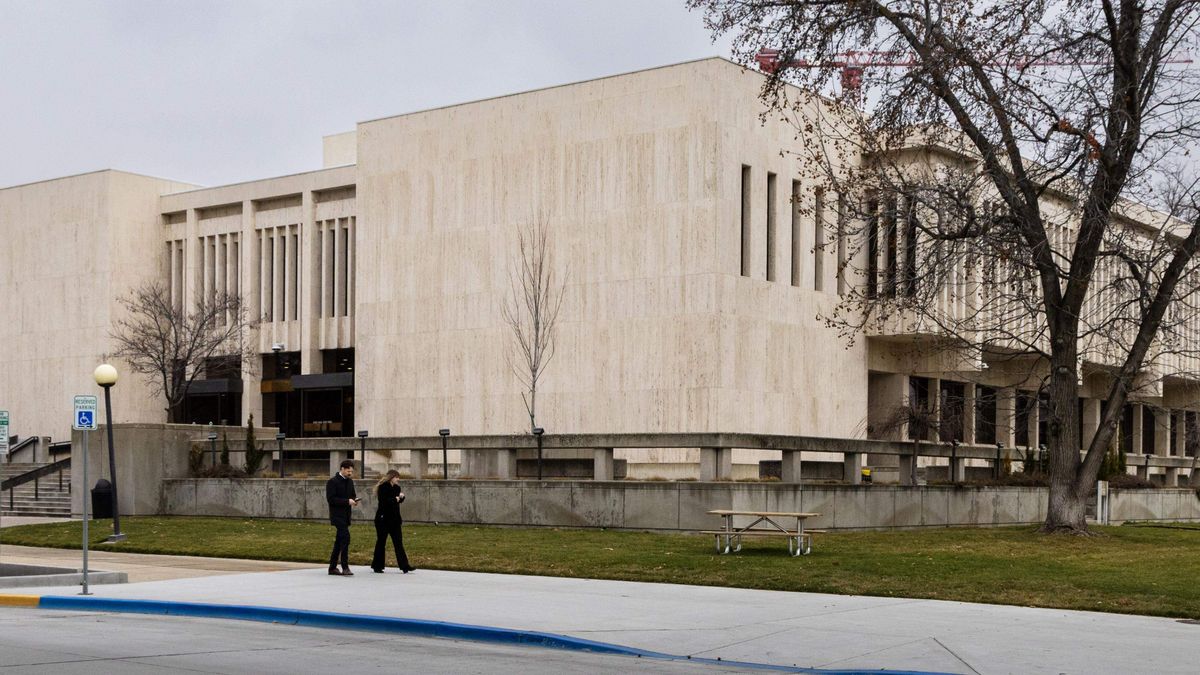As part of its crackdown on high-income, high-wealth individuals who have not paid what they owe, the IRS said on Oct. 20 that it has recovered $160 million in back taxes so far this year.
The IRS said it has collected $122 million from 100 wealthy taxpayers, in addition to the $38 million the agency collected from more than 175 other high-income earners earlier this year.
Those 100 wealthy taxpayers are among 1,600 individuals who the IRS has begun contacting since September because they owe hundreds of millions of dollars in taxes, the agency said.
In one instance, an individual was ordered to pay more than $15 million for falsifying millions of dollars of personal expenses as deductible business expenses and financed the construction of a 51,000-square-foot mansion, including expenses of interior and exterior construction costs; an outdoor pool and pool house; and tennis, basketball, and bocce courts. This person also falsified millions of dollars of expenses for luxury vehicles, artwork, country club memberships, and homes for his children.
Another person recently pled guilty to filing false tax returns and skimming more than $670,000 from his business. He spent $110,000 on personal expenses and $502,000 on gambling, according to the IRS.
IRS data from 2017 to 2020 reveal that 1.4 million wealthy individuals failed to file federal tax returns. These unfiled returns are tied to an estimated $65.7 billion in unpaid taxes. Data also show that many of these non-filing millionaires are not one-time offenders. For example, 10,272 of the millionaires identified failed to file more than one year of required tax returns.
“Prior to the Inflation Reduction Act, more than a decade of budget cuts prevented the IRS from keeping pace with the increasingly complicated set of tools that the wealthiest taxpayers use to hide their income and evade paying their share,” the agency said in a press release. “The IRS is now taking swift and aggressive action to close this gap.”
Nearly $80 billion in IRS funding over 10 years was ushered in under the Inflation Reduction Act, the massive climate, energy, tax, and healthcare legislation passed along Democratic party lines last year. IRS Commissioner Danny Werfel sees the influx of money as an opportunity to enhance IRS services, enforcement, and technology over the next decade.
However, some of that extra funding has been cut, after Democrats agreed to scrap roughly $20 billion of the $80 billion as part of a concession made with Republicans in order to reach a deal to raise the debt ceiling this past summer.
Thanks for reading CPA Practice Advisor!
Subscribe Already registered? Log In
Need more information? Read the FAQs




